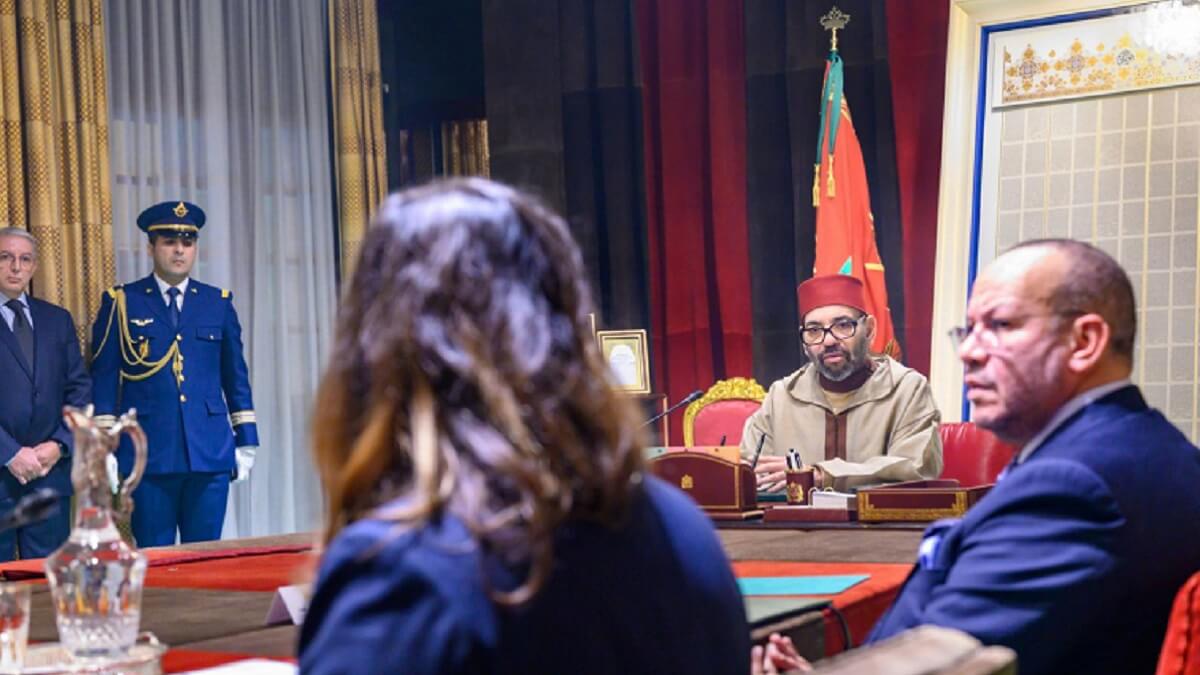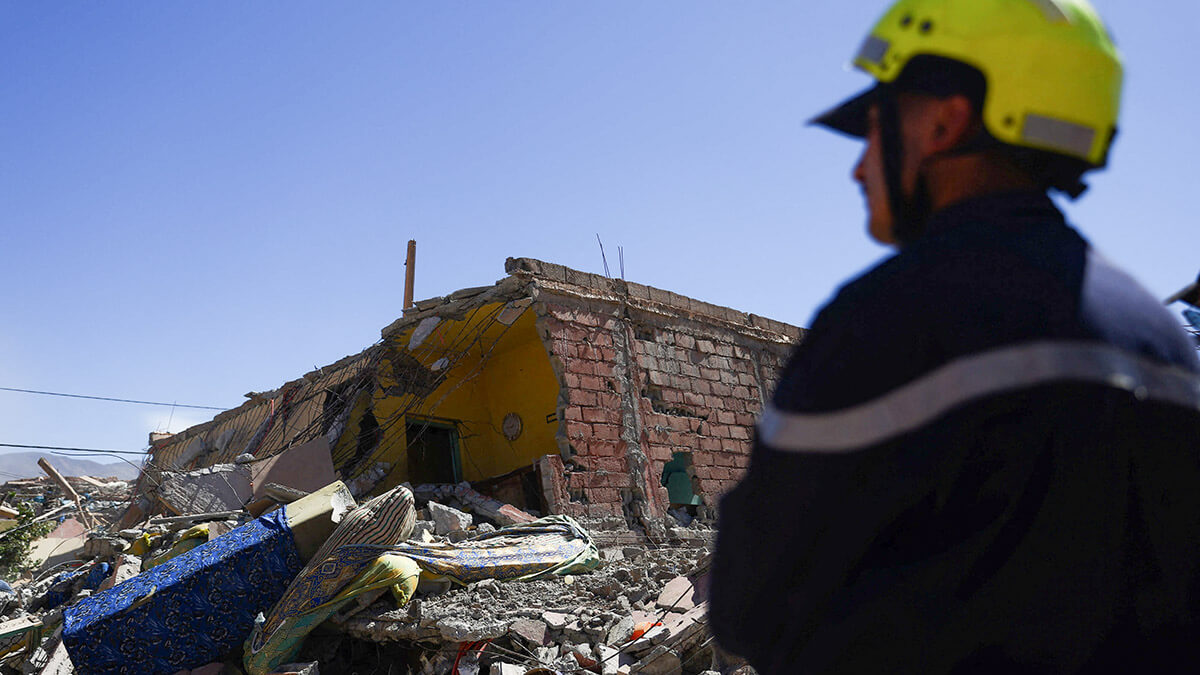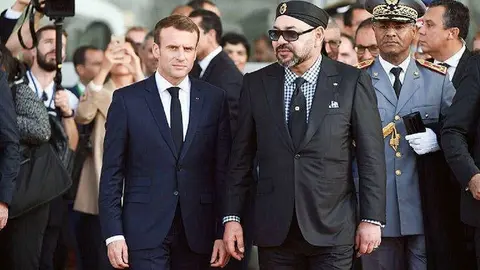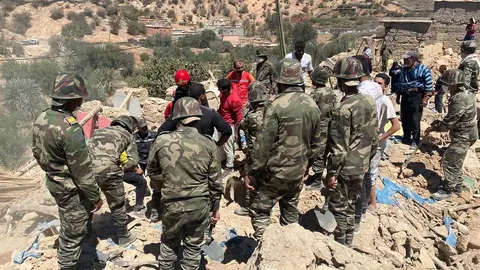Major rift between Morocco and France

Diplomatic ties between Morocco and France are not at their best. In addition to the tensions generated by the differences over the Western Sahara issue, where the North African country lacks French support, and the denial of visas for Moroccan citizens, with the French country topping the list of refusals of Schengen visas for Moroccans, there is the uncomfortable situation and French unease over the North African nation's decision not to request aid for rescue and emergency work after the terrible earthquake suffered eleven days ago, which has left around 3,000 dead and more than 5,600 injured, in addition to extensive material damage.
After the terrible earthquake, King Mohammed VI gave royal instructions to coordinate the emergency response, which initially involved the Royal Armed Forces and the national emergency and health services. Subsequently, four countries were asked for assistance: Spain, the United Arab Emirates, Qatar and the United Kingdom. These countries sent aid teams that coordinated precisely with the local authorities in each area to attend to all the needs in badly affected areas such as Al-Haouz, Marrakech, Taroudant and the High Atlas region in general.
The Moroccan monarch justified the decision on the grounds that the best assistance is that which is useful and necessary, ruling out an oversaturation of aid that could have affected the good coordination of the teams that have been working on the ground.

Despite this explanation, unease and controversy spread through France, as the French state offered its help, but Morocco, exercising its right to have its own sovereign decision, did not find it necessary to request French assistance, although not for a political reason, but for a question of usefulness and relevance, as the Alaouite monarch pointed out. Nor did Morocco ask for help from the United States, which offered to collaborate, despite the fact that there is a very good historical relationship between the North African country and the North American giant, reinforced after the US decision under Donald Trump's administration in December 2020 to recognise the Moroccan sovereignty of the Sahara, a position that has continued under the current President Joe Biden.
On the other hand, the Moroccan kingdom did accept humanitarian aid from French relief associations and Moroccan organisations based in various parts of Europe, which has also caused some unease in France. Despite this situation, Morocco has insisted that the reason for not requesting official assistance from the French state had to do with the decision to only receive useful and necessary assistance for first aid and rescue work, as the North African nation learned from other experiences with natural disasters in Haiti, Turkey and Greece.

Moreover, the decision to ask for help from the four countries that have been working on the ground in Morocco after the earthquake has to do with the high capacity of these nations and, above all, of Spain, which has very advanced tracking and reconnaissance techniques and highly specialised canine teams for rescue tasks in rubble and difficult areas.
Another sign of estrangement between France and North Africa was King Mohammed VI's decision to postpone a meeting with French President Emmanuel Macron in Paris, which had previously been postponed, according to Maghreb Intelligence.
The recent visit to Paris by the King of Morocco was intended to be an opportunity to iron out differences and start a new phase, after several invitations from the Elysée, but the terrible earthquake forced Mohamed VI to return hastily to take charge of coordinating the emergency work after the quake. The meeting was finally postponed for good after a partial postponement. According to Maghreb Intelligence, this decision is due to Moroccan unease with President Emmanuel Macron and French Foreign Minister Catherine Colonna.

Emmanuel Macron addressed the Moroccan people through social networks to show his condolences and full support after the earthquake, when perhaps he could have resorted to official diplomatic channels to convey this message or to a Moroccan media outlet.










